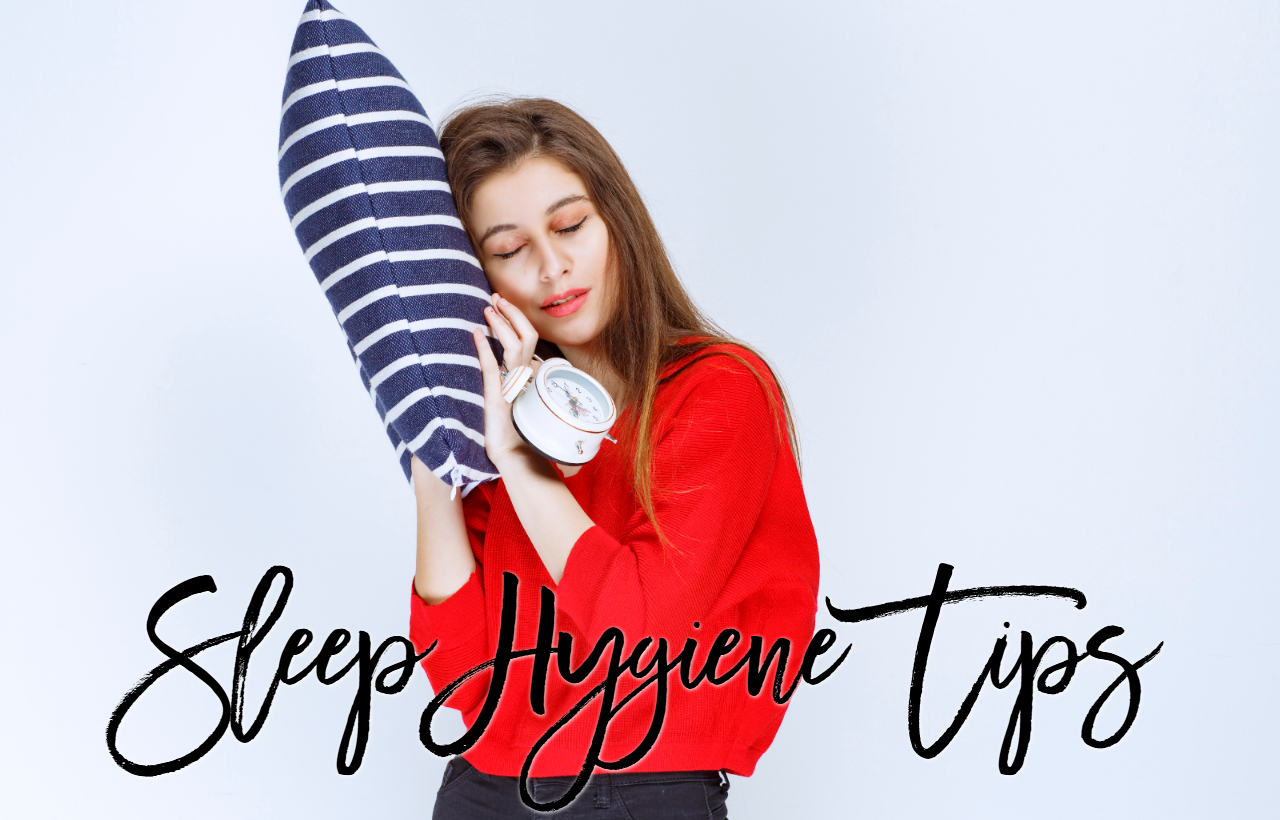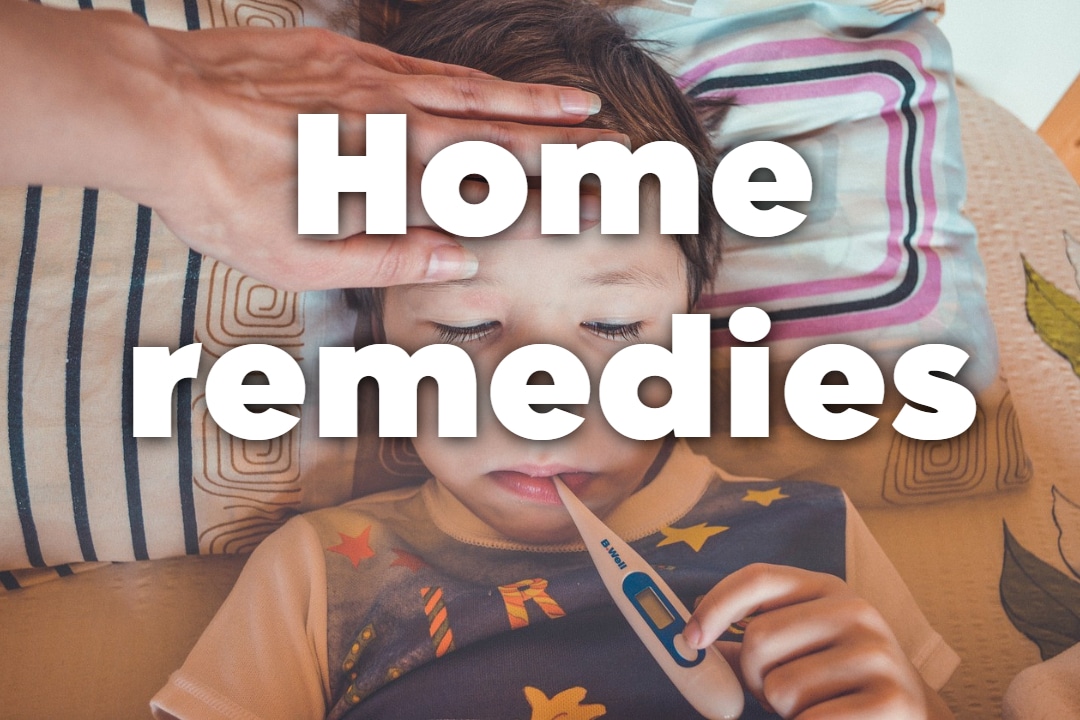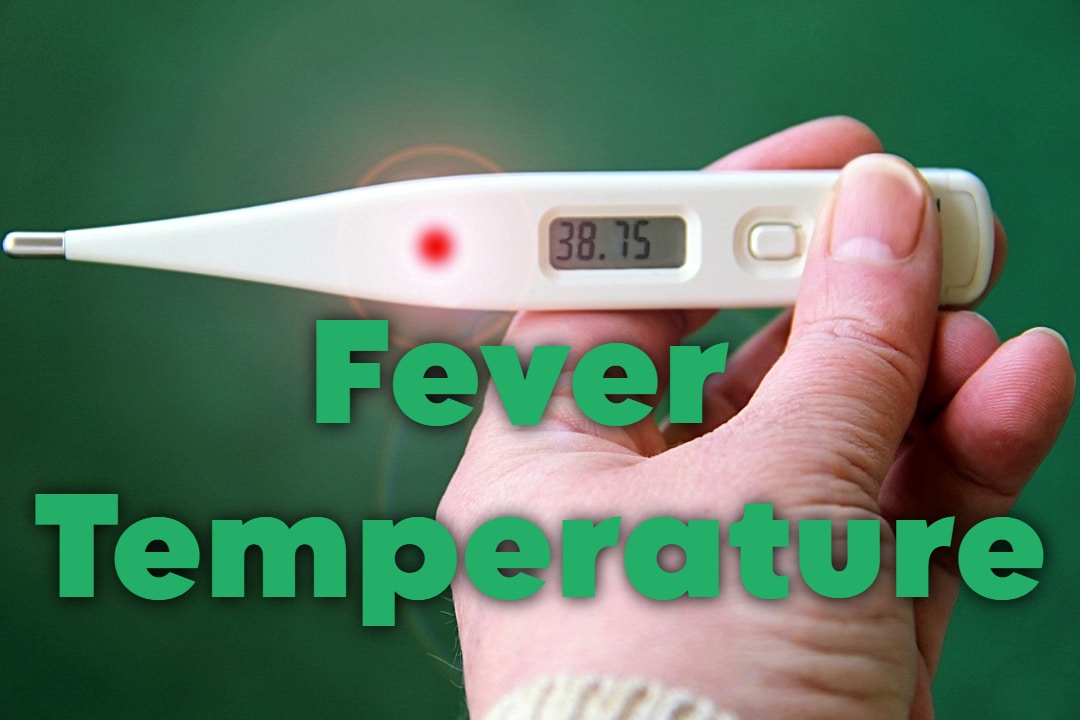Sleep hygiene refers to a set of practices and habits that are essential for achieving better quality sleep and maintaining optimal mental and physical health. By improving your sleep hygiene, you can prevent insomnia, boost your energy levels, and enhance your overall well-being.
This blog explores effective sleep hygiene tips, their importance, and actionable advice to help you develop a healthy sleep routine. Additionally, you’ll find tables for quick reference and frequently asked questions (FAQs) to address common concerns about sleep hygiene.
What Is Sleep Hygiene?
Sleep hygiene involves behaviors and environmental factors that influence your sleep quality. It focuses on creating an environment conducive to sleep and adopting habits that promote a consistent sleep routine.
Importance of Sleep Hygiene
Good sleep hygiene is essential for:
- Physical Health: Poor sleep is linked to issues like obesity, heart disease, and weakened immunity.
- Mental Health: Adequate sleep reduces stress and supports emotional stability.
- Productivity: Better sleep enhances focus, memory, and decision-making abilities.
Understanding the importance of sleep hygiene is the first step toward improving your overall sleep quality.
Sleep Hygiene Tips for Better Sleep
1. Maintain a Consistent Sleep Schedule
Stick to the same sleep and wake times every day, even on weekends. This helps regulate your internal clock.
2. Create a Relaxing Bedtime Routine
Engage in calming activities like reading, meditating, or taking a warm bath before bed.
3. Optimize Your Sleep Environment
Ensure your bedroom is quiet, dark, and cool. Use blackout curtains, white noise machines, or fans if necessary.
| Factor | Ideal Condition |
|---|---|
| Temperature | 60-67°F |
| Light | Dark or dim |
| Noise | Minimal or none |
4. Limit Exposure to Screens
Avoid screens (phones, laptops, TVs) for at least an hour before bedtime. Blue light interferes with the production of melatonin, a sleep-inducing hormone.
5. Be Mindful of Your Diet
Avoid heavy meals, caffeine, and alcohol close to bedtime. Opt for sleep-friendly snacks like bananas or warm milk.
The ‘5 Principles of Sleep Hygiene’
- Regular Sleep Patterns: Go to bed and wake up at the same times daily.
- Environment Optimization: Create a comfortable and distraction-free sleep environment.
- Mind and Body Relaxation: Unwind with activities that reduce stress.
- Mindful Stimulant Use: Avoid caffeine, nicotine, and alcohol before sleep.
- Daytime Habits: Engage in regular physical activity and manage naps.
These principles are key components of any effective sleep hygiene checklist.

Using Tools Like Sleep Hygiene Worksheets and PDFs
You can use resources such as a sleep hygiene worksheet PDF or a sleep hygiene checklist to monitor your habits and identify areas for improvement. These tools are especially useful in helping you track your sleep patterns and environmental changes.
Sample Sleep Hygiene Checklist
| Task | Completed (Yes/No) |
|---|---|
| Maintained a consistent sleep time? | |
| Avoided caffeine after 4 PM? | |
| Created a calming bedtime routine? | |
| Optimized bedroom conditions? | |
| Limited screen time before bed? |
Sleep Hygiene and Psychology
In sleep hygiene psychology, experts emphasize the role of behavioral and cognitive practices in improving sleep. Adopting healthy sleep habits can significantly reduce stress, anxiety, and other psychological barriers to restful sleep.
Sleep hygiene principles are also used in clinical settings, often provided through sleep hygiene handouts or counseling sessions.
Benefits of Following Sleep Hygiene Tips
- Enhanced Sleep Quality: Fall asleep faster and wake up feeling refreshed.
- Improved Mood: Reduced irritability and better emotional regulation.
- Better Health: Lower risk of chronic illnesses and stronger immune function.
- Increased Productivity: Better focus, memory, and decision-making abilities.
How to Share Sleep Hygiene Knowledge
For educators, healthcare professionals, or anyone spreading awareness, creating a sleep hygiene PPT can be an effective way to engage your audience. Highlight tips, benefits, and tools such as sleep hygiene worksheets and PDFs.
FAQs About Sleep Hygiene
1. What are the ‘5 principles of sleep hygiene’?
The five principles are maintaining a consistent sleep schedule, optimizing your sleep environment, relaxing before bed, avoiding stimulants, and fostering healthy daytime habits.
2. Why is sleep hygiene important?
Sleep hygiene is vital for physical and mental health, improving sleep quality, and reducing the risk of insomnia and other sleep disorders.
3. What is a sleep hygiene checklist?
A sleep hygiene checklist is a tool that helps you monitor and improve your sleep habits, covering aspects like bedtime routines, environment, and lifestyle choices.
4. Can I download a sleep hygiene worksheet PDF?
Yes, many websites and healthcare providers offer free sleep hygiene worksheet PDFs to help individuals track their sleep habits.
5. What is sleep hygiene psychology?
Sleep hygiene psychology focuses on understanding and improving sleep behaviors through cognitive and behavioral practices.
6. How can a sleep hygiene handout help?
A sleep hygiene handout provides concise tips and guidelines for better sleep. It’s a helpful resource for quick reference or educational purposes.
7. Are there resources like sleep hygiene PDFs or PPTs?
Yes, you can find sleep hygiene PDFs, worksheets, and PPTs online or through healthcare professionals to learn and share sleep hygiene practices.
8. Where can I find sleep hygiene resources?
You can explore online platforms, healthcare providers, or mental health organizations for tools like sleep hygiene worksheets, PDFs, and presentations.
By implementing these sleep hygiene tips and utilizing tools like checklists and PDFs, you can achieve a healthier sleep routine and enjoy the many benefits of restful nights.


